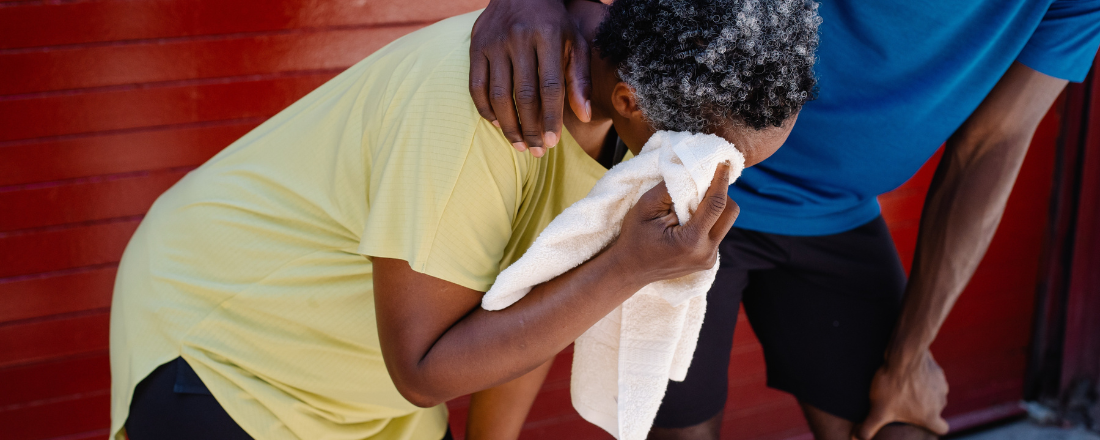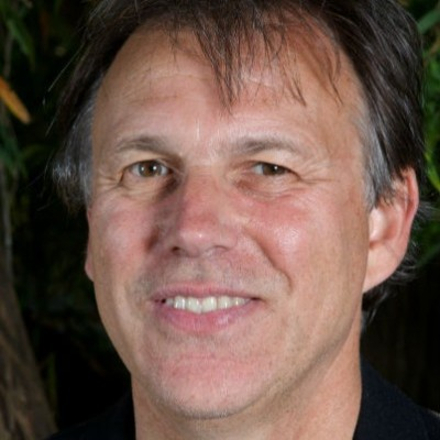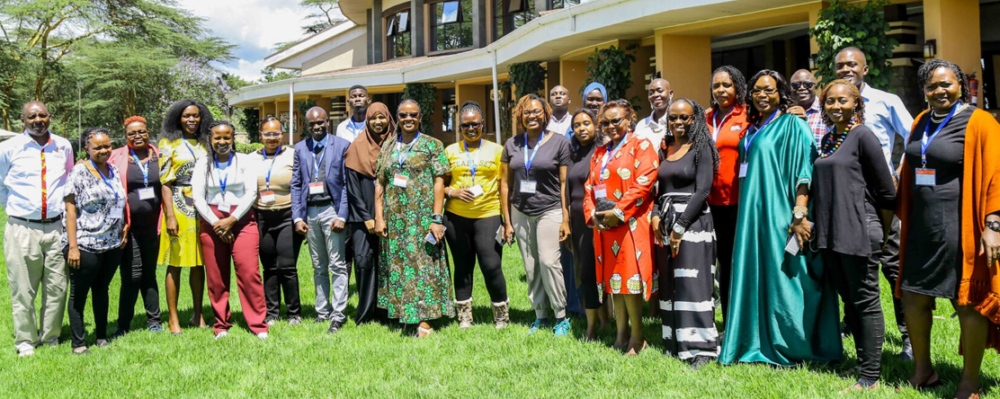
In the News
KALW Features PHI’s Dr. Paul English on Extreme Heat & Growing Health Impacts
-
Issues
Climate Change, Wildfires & Extreme Heat -
Programs
Tracking California

“Every year more people in the U.S. die from extreme heat than any other climate fueled disaster, including hurricanes, floods and wildfires. Older people are disproportionately affected.
Between 2010 and 2019, the hottest decade on record, California’s official data from death certificates attributed 599 deaths to heat exposure, but according to a Los Angeles Times analysis, the true toll is six times higher. An examination of mortality data from this period shows that thousands more people died on extremely hot days than would have been typical during milder weather.”

We're going to be seeing longer, more frequent heat waves and they'll be happening at different times during the year which is really important because as summers progress the populations go through a process of acclimatization. People, their bodies adapt and behaviors change, and we notice that for example when heat waves happen earlier in the year, they can be more deadly because we don't have time to adapt to those.Dr. Paul English
Director, Tracking California
Originally published by KALW - Your Call's One Planet Series
More Updates
Work With Us
You change the world. We do the rest. Explore fiscal sponsorship at PHI.
Support Us
Together, we can accelerate our response to public health’s most critical issues.
Find Employment
Begin your career at the Public Health Institute.



